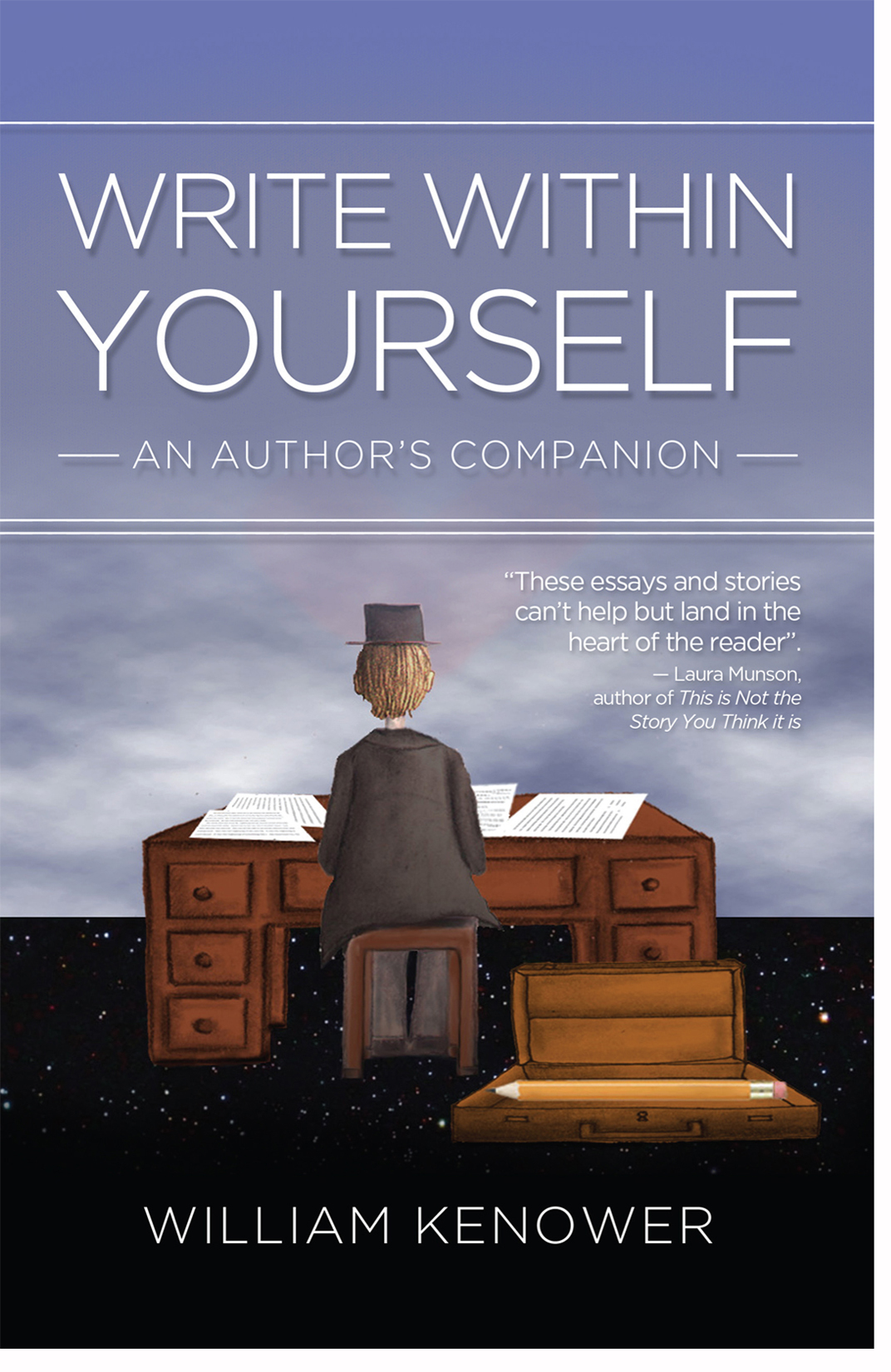The End of Tyranny
For the last week I’ve been playing the classic puzzle-solving video game Myst with my youngest son, Sawyer. I played Myst to its conclusion almost 20 years ago, so I could remember little of the game and its many ingenious puzzles except this: all the puzzles are indeed solvable. I had to remind myself of this on the several occasions Sawyer and I appeared to have reached a dead-end. Sawyer had not played the game through, however, and so when we reached these impasses he did what most people normally do when confronted with what looks like an insurmountable obstacle—he complained. “This game is flawed!” he concluded. “It’s poorly designed.”
To be clear, I would have complained as well had I not known, empirically, that the problem was not the game’s design but the players’ perception. It was a kind of foggy hindsight, which, while obscuring the solutions, revealed complaint in all its uselessness. The complainer says, “There are no solutions!” and so none are perceived. His complaints actually prevent him from seeing the very thing he complains does not exist.
It was a rare treat in my life as a father. I was able to say, “Trust me, we’ll figure it out,” with a time-traveler’s authority. But I do not need to replay my trials every decade or so to know the roles of trust and complaint in my life. What can feel like a declaration of independence from the tyranny of an unjust world is actually a sentence to a prison of my own design. Fortunately, I can leave as soon as I remember that the key to that cell is not the solution to some problem but only the belief that one exists.
Write Within Yourself: An Author's Companion. "A book to keep nearby whenever your writer's spirit needs feeding." Deb Caletti.
Remember to catch Bill every Tuesday at 2:00 PM PST/5:00 EST on his live Blogtalk Radio program Author2Author!
You can find Bill at: williamkenower.com


